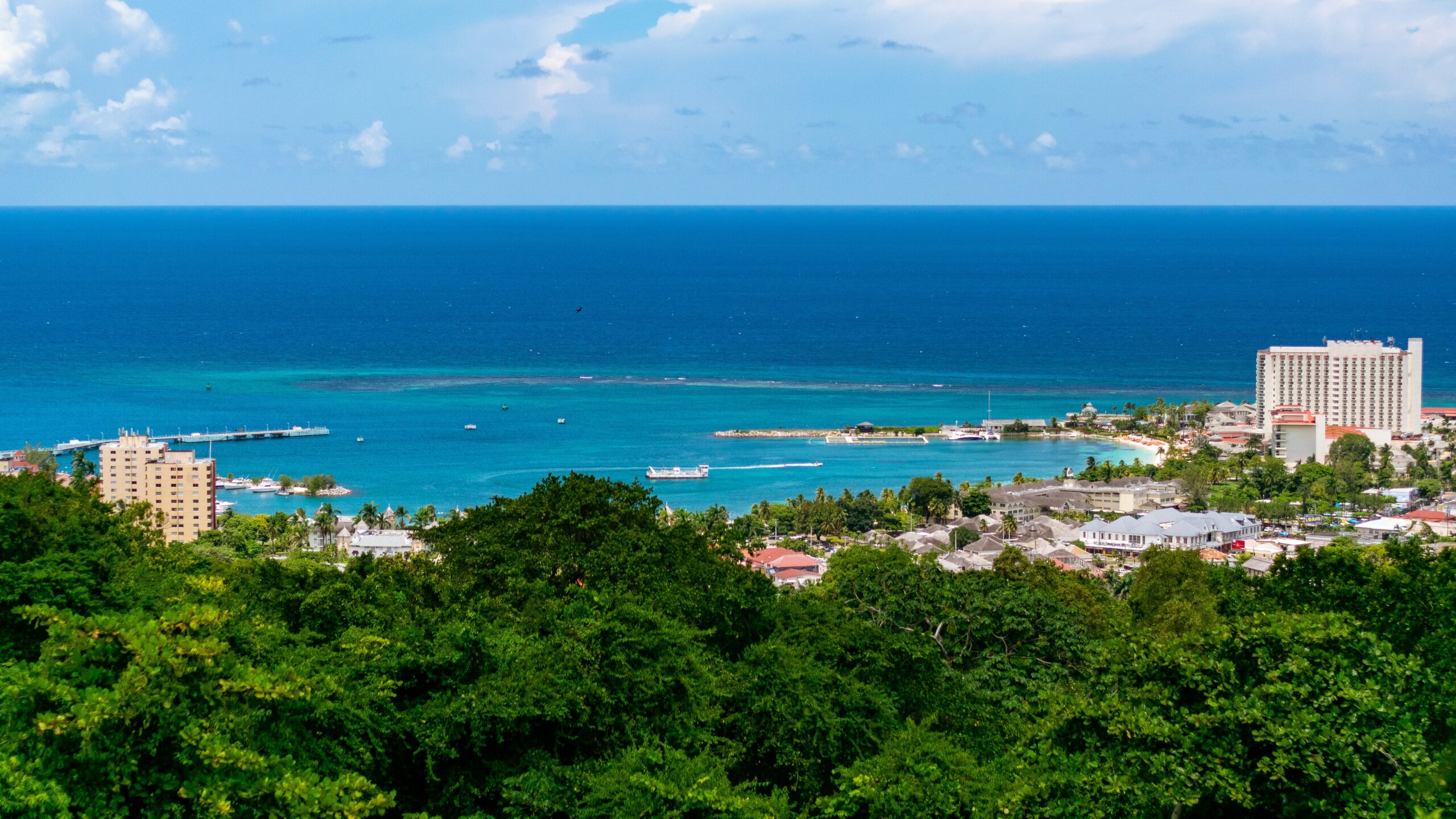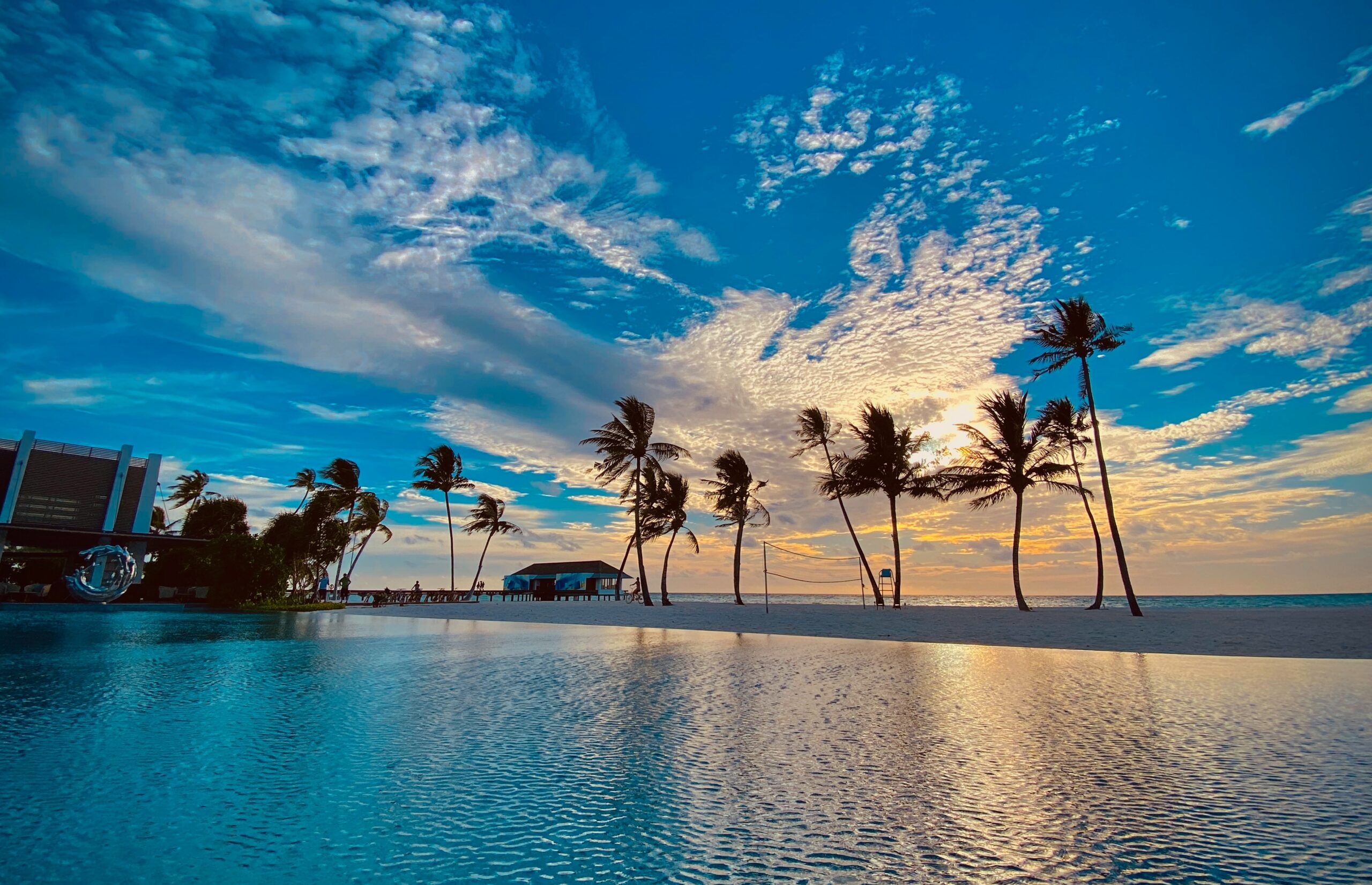Share
Are All-Inclusive Hotels Compatable with Inclusive Development?

Are all-inclusive hotels the key to unlocking inclusive development in the travel and tourism industry? This is a question that’s been buzzing around the Caribbean, where these types of resorts have become incredibly popular. But before we can answer that, we need to understand what inclusive development really means.
All-Inclusive Hotels Are Very Popular
Think of it like a cake. The cake represents the travel and tourism industry, and the ingredients are the local communities, natural resources, and tourists. Inclusive development is about making sure that everyone gets a slice of the cake, not just the big players who can afford to buy it all. It’s about empowering local communities to be involved in the development process and benefit from it.
Now, all-inclusive hotels are like the icing on the cake. They offer everything a tourist could want, from accommodation and airport transfers to meals, sports equipment, taxes, and service charges. But the problem is that the icing can sometimes overpower the cake, leaving local communities with nothing but crumbs.
That’s where inclusive development comes in. It’s about making sure that the locals have a say in what goes into the cake and that they benefit from it. And the good news is that all-inclusive hotels can actually help with this if they’re done right.
Let’s take Jamaica, for example. The tourism minister, Bartlett, knows that all-inclusive hotels can coexist with inclusive development as long as locals have the capacity and capability to deliver exceptional experiences to visitors. This means involving micro, small, and medium enterprises, as well as community organizations, in the development process.

Inclusive Development: Everyone Benefits
It’s like a potluck dinner. Everyone brings a dish to share, and together, they create a feast. All-inclusive hotels can be the main dish, but locals need to bring their specialties to the table as well. This way, tourists get to taste the best of both worlds, and local communities get a fair share of the cake.
Of course, this is easier said than done. Inclusive development is still a new concept, and many travel and tourism companies and destinations struggle to achieve high levels of involvement from locals. But the key is to focus on the capacity and capability of local economies to deliver exceptional experiences to visitors.
In other words, it’s about creating a win-win situation. Tourists get a great holiday experience, and locals benefit from tourism development. It’s like a dance where everyone has their role to play, and together, they create a beautiful performance.
In conclusion, all-inclusive hotels can be the icing on the cake of inclusive development in the travel and tourism industry. But to make sure that locals get a fair share, we need to involve them in the development process and focus on their capacity and capability to deliver exceptional experiences. This way, we can create a win-win situation for everyone involved and ensure sustainable, regenerative, and resilient growth. So let’s put on our aprons and get to work at baking an incredible cake for all to enjoy!
We would love to hear from you. Engage with us. Leave a comment below.
About the Author:
Dr. Auliana Poon
Managing Director/Chief Strategist
Leve Global

Dr. Auliana Poon heads Leve-Global. She is a courageous and passionate businesswoman. A trained Economist, Dr. Poon is a management consultant and strategist with a focus on sustainable and responsible tourism, climate adaptation, and regenerative economic development. Dr. Poon led teams that developed innovative economic solutions for over 50 countries around the world including Australia, Barbados, the Bahamas, Iceland, Indonesia, Jamaica, Mauritius, Mozambique, Singapore, Seychelles, South Africa, Swaziland, Switzerland and Zambia.
An experienced researcher and analyst with fiercely independent thought, Dr Poon believes that developing countries cannot continue to compete with natural attributes – Sun, Sand, Sea, Oil and Natural Gas alone. For success and sustainability, a more people-centred, culture-oriented, innovation-based, sustainability-directed, technology-focused and talent-driven approach is needed.